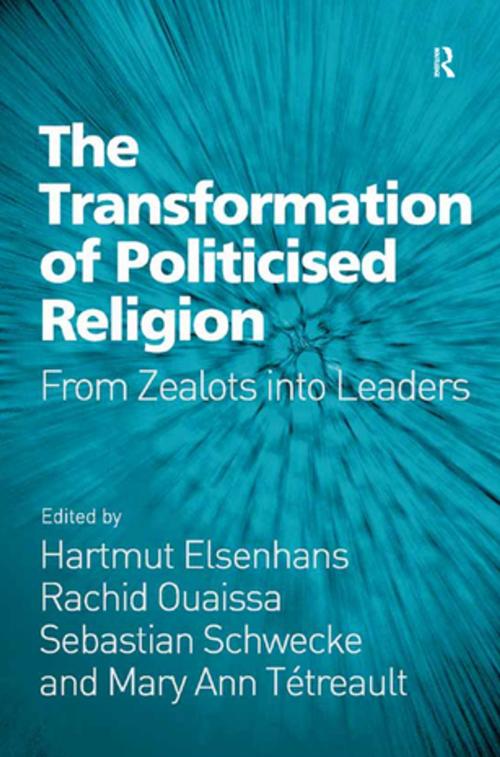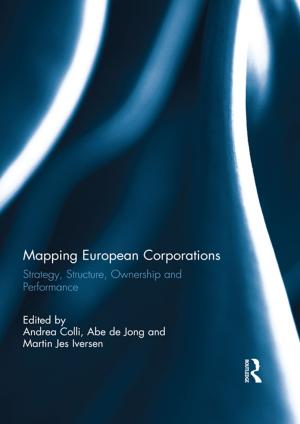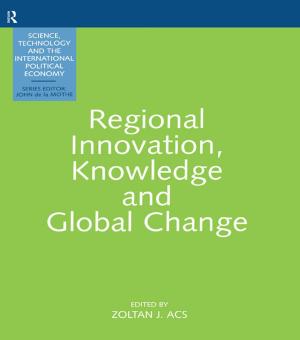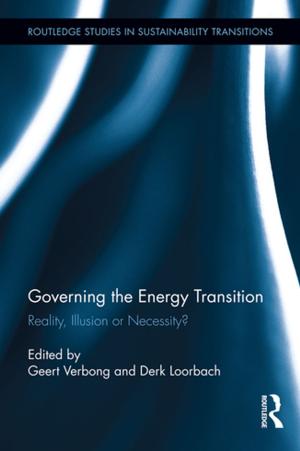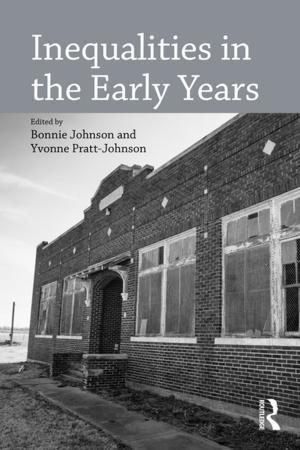The Transformation of Politicised Religion
From Zealots into Leaders
Nonfiction, Religion & Spirituality, Christianity, Church, Church & State, Social & Cultural Studies, Political Science| Author: | Hartmut Elsenhans, Rachid Ouaissa, Mary Ann Tétreault | ISBN: | 9781317013594 |
| Publisher: | Taylor and Francis | Publication: | February 17, 2016 |
| Imprint: | Routledge | Language: | English |
| Author: | Hartmut Elsenhans, Rachid Ouaissa, Mary Ann Tétreault |
| ISBN: | 9781317013594 |
| Publisher: | Taylor and Francis |
| Publication: | February 17, 2016 |
| Imprint: | Routledge |
| Language: | English |
Including contributions from leading scholars from Algeria, France, Germany, India and the United States this book traces the rise and turn to moderation of the New Cultural Identitarian Political Movements, often labelled in the West as fundamentalists. Arguing that culturally based ideologies are often the instruments, rather than the motivating force though which segments of a rising middle strata challenge entrenched elites the expert contributors trace the rise of these movements to changes in their respective countries’ political economy and class structures. This approach explains why, as a result of an ongoing contestation and recreation of bourgeois values, the more powerful of these movements then tend towards moderation. As Western countries realise the need to engage with the more moderate wings of fundamentalist political groups their rationale and aims become of increasing importance and so academics, decision-makers and business people interested in South Asia and the Muslim world will find this an invaluable account.
Including contributions from leading scholars from Algeria, France, Germany, India and the United States this book traces the rise and turn to moderation of the New Cultural Identitarian Political Movements, often labelled in the West as fundamentalists. Arguing that culturally based ideologies are often the instruments, rather than the motivating force though which segments of a rising middle strata challenge entrenched elites the expert contributors trace the rise of these movements to changes in their respective countries’ political economy and class structures. This approach explains why, as a result of an ongoing contestation and recreation of bourgeois values, the more powerful of these movements then tend towards moderation. As Western countries realise the need to engage with the more moderate wings of fundamentalist political groups their rationale and aims become of increasing importance and so academics, decision-makers and business people interested in South Asia and the Muslim world will find this an invaluable account.
